Modi sworn in as India PM
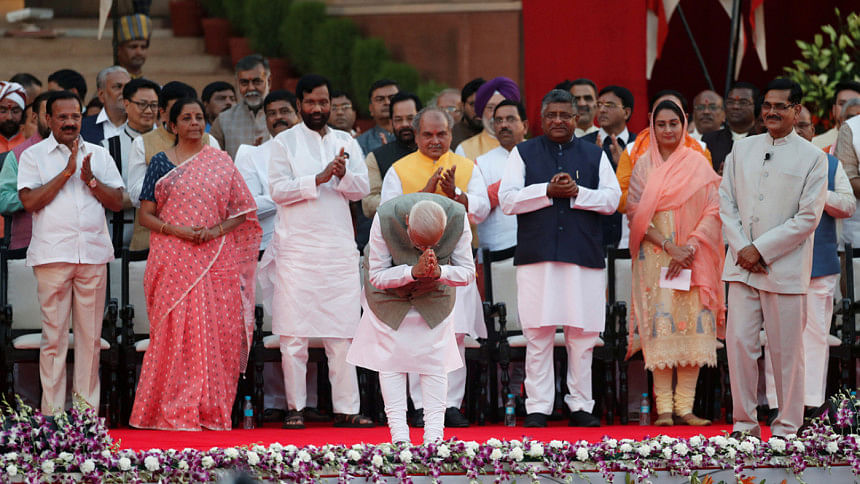
Narendra Modi, who spearheaded the Bharatiya Janata Party to a stunning landslide victory in parliamentary elections, was tonight sworn in as India's Prime Minister for a second successive five-year term, heading the National Democratic Alliance government.
Modi, 68, was administered the oath of office and secrecy by President Ram Nath Kovind at a mega glittering ceremony in the forecourt of Rashtraparti Bhavan at 7:00pm Indian time in the presence of an estimated 8,000 of people including Bangladesh President Abdul Hamid and top leaders of six other BIMSTEC countries.
This was the second time that a BJP-led government assumed power in India for the second consecutive term.
Atal Bihari Vajpayee was sworn in as the PM after general elections in 1998 and again in 1999.
However, while Vajpayee could not complete the full five-year term in 1998, Modi is the first non-Congress PM who began a second term after completing a full five-year term.
After Modi, Rajnath Singh, BJP President Amit Shah, Nirmala Sitharaman, Nitin Gadkari, Smriti Irani, India's former foreign secretary Subramaniam Jaishankar, Ram Vilas Paswan, Ravi Shankar Prasad, Dharmendra Pradhan, Piyush Goyal, Prakash Javedekar and senior BJP leader Arjun Munda were among the 24 cabinet ministers who took oath.
Sushma Swaraj, who was the foreign minister for the last five years, did not make it to Modi's new government. Arun Jaitley, who was finance minister in Modi's previous ministry, opted out this time due to health issues.
The portfolios of the new ministers are yet to be officially announced.
Amit Shah, a close aide of Modi and the key election strategist of the BJP, made his debut in the federal cabinet.
However, the BJP's key ally in Bihar Janata Dal (United) would not join the new government, its spokesperson Pavan Varma said today, in what appears to be a sign of differences with the saffron party over the number of ministerial berths offered to it.
"We are not joining the government. This is our decision," Varma, who is also the general secretary of the Janata Dal (U), said.
Sources said the BJP offered only one cabinet berth to Janata Dal (U) and the regional party was unhappy with the portfolio offered to it.
The Janata Dal (U), which is headed by Bihar Chief Minister Nitish Kumar, was not a part of the first Modi government as well. It had aligned with the saffron party in 2017 but had not joined the government.
Top Indian opposition leaders including former prime minister Manmohan Singh, Congress President Rahul Gandhi and UPA Chairperson Sonia Gandhi, corporate honchos, film stars and chief ministers were part of the guests at the ceremony.
This is the second time Modi took the oath in the forecourt of the Rashtrapati Bhavan.
In 2014, Modi was sworn in as PM for the first time by the then President Pranab Mukherjee in the presence of over 3,500 guests including the leaders of SAARC countries.
Besides, Bangladesh President Abdul Hamid, Sri Lankan President Maithripala Sirisena, Nepal Prime Minister KP Sharma Oli, President of Myanmar U Win Myint and Bhutanese Prime Minister Lotay Tshering attended the gala swearing-in of Modi.
From Thailand, its Special Envoy Grisada Boonrach represented the country. Besides India, BIMSTEC (Bay of Bengal Initiative for Multi-Sectoral Technical and Economic Cooperation) comprises Bangladesh, Myanmar, Sri Lanka, Thailand, Nepal and Bhutan as members.
The BJP-led National Democratic Alliance returned to power with a massive haul of 352 seats in the Lok Sabha elections with the saffron party winning 303 seats on its own, much more than 272 required for majority in the 543-strong lower House of parliament.

 For all latest news, follow The Daily Star's Google News channel.
For all latest news, follow The Daily Star's Google News channel. 

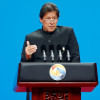

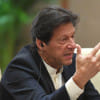
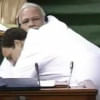
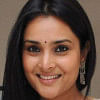


Comments